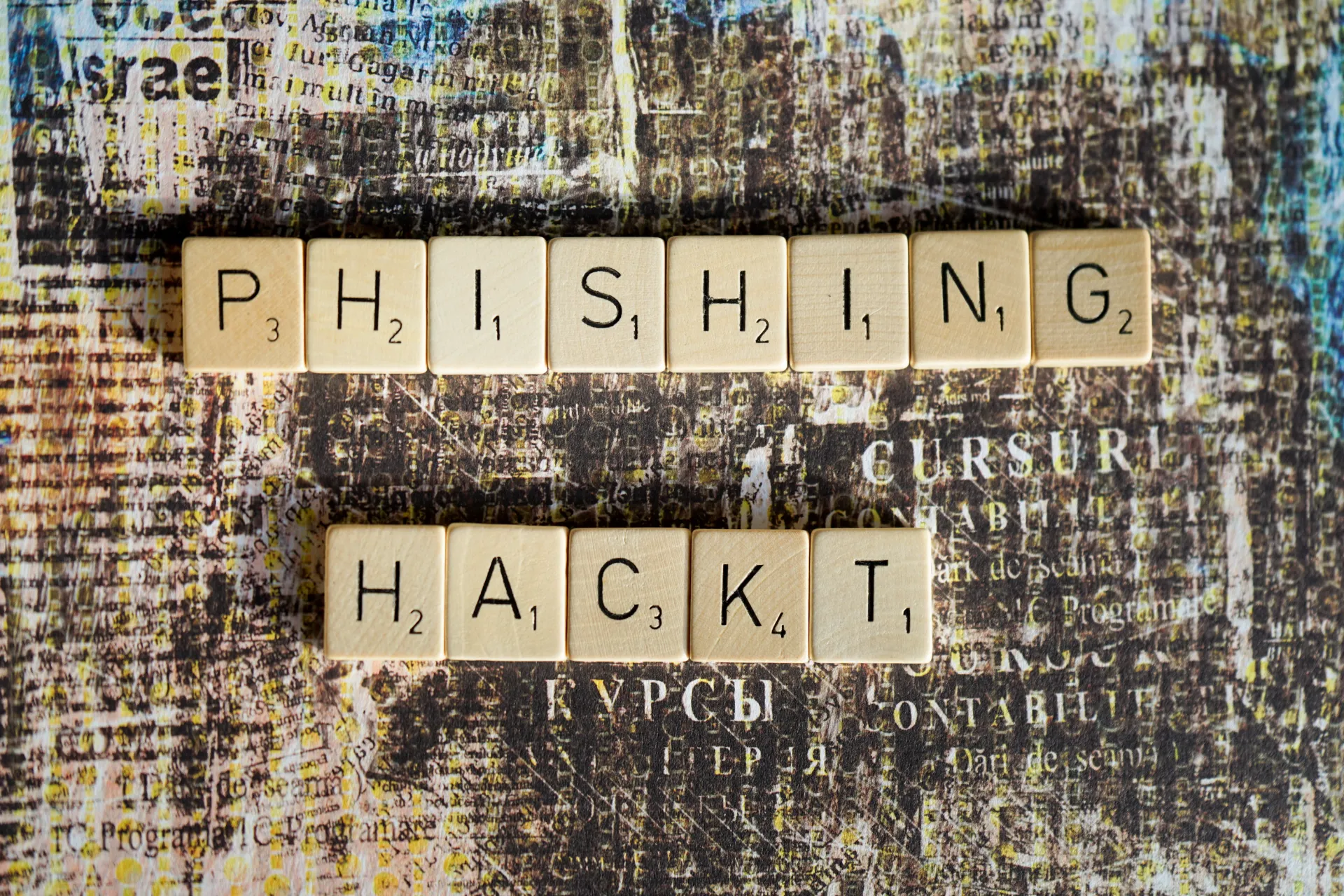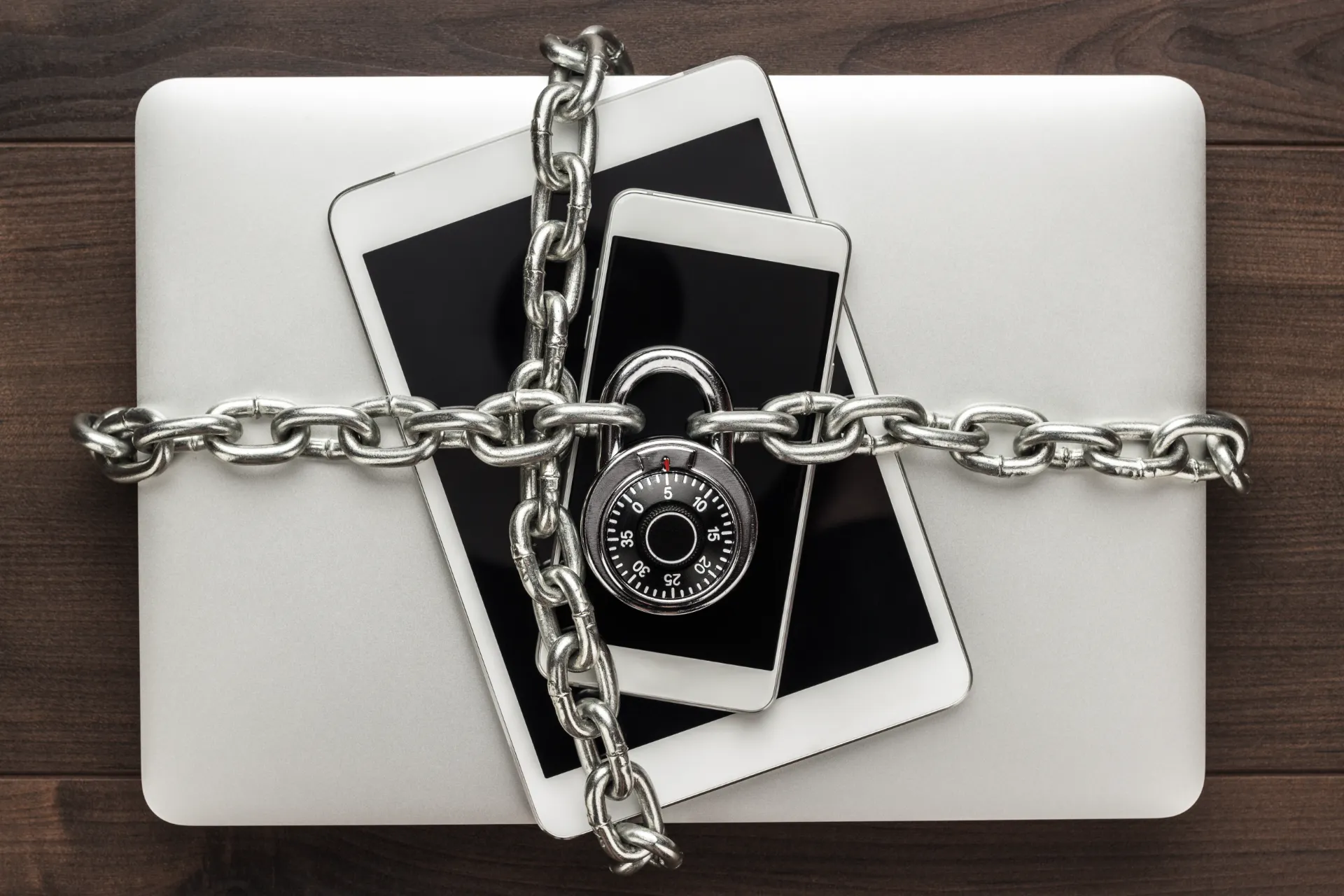
Twitter Data Leak 2023: Protecting Your Account from Further Threats
Twitter, one of the world's largest social media platforms, recently suffered a major security breach that resulted in the leak of email addresses tied to 235 million Twitter accounts. The breach was first reported by the Washington Post and was believed to have taken place in late 2021 using an exploit that was later fixed by Twitter in January 2022. The leak of this information is concerning because it could potentially expose the identities of people who use Twitter to post anonymously.

The largest leak of twitter users data in history
The breach initially varied in the amount of data leaked, with the most significant leaks including email addresses tied to Twitter accounts and their creation dates. The data appeared on a hacker forum and was quickly made available to malicious actors who could potentially expose the identities of people who post anonymously using the email addresses and phone numbers.
In response to this major breach, Twitter has been contacted by many users seeking information about their data and whether it was included in the leak. Security researchers, including Troy Hunt, have also investigated the breach and have added the data to Have I Been Pwned, a breach notification site. This site allows users to enter their email address and determine if their account was affected by the data leak.

The regulators and data protection interest regulators are on the case
The data breach has drawn the attention of regulators and data protection commissions, including the European Data Protection Commission and the US Federal Trade Commission. As one of the most significant data breaches in recent history, the Twitter data leak has raised concerns about the security of online profiles and the need for stronger data protection measures.
The obvious worry here is that malicious actors could exploit the email addresses leaked in this breach to carry out further attacks on Twitter users. In countries where political dissent is frowned upon, the leak could have serious consequences for online activists who use the platform to express their views anonymously.
The cybersecurity website Have I Been Pwned, which is an online hacking forum, has added this leak to its database, allowing users to find out if their account was affected by the hack. According to the website's owner, Troy Hunt, there are 211 million unique email addresses included in the hack.
What can you personally do about your leaked data?
If your account was included in the leak, there is not much you can do to remedy the situation. However, you can curb attempts by hackers to change your account's password by turning on two-factor authentication (2FA) on your Twitter account. 2FA is a security feature that adds an extra layer of protection to your account by requiring a one-time code generated by an authentication app, in addition to your password, to log in. This makes it much harder for hackers to access your account even if they have your password.
It is important to be very wary of any emails that ask for personal information like your Twitter password, as these are likely phishing attempts by hackers looking to steal your information. If you receive an email requesting personal information, do not respond to it and immediately report it to Twitter.

This recent Twitter leak is a stark reminder of the importance of online security and the need to protect our personal information.
While there is not much we can do if our email addresses have been leaked, we can take steps to protect ourselves from further attacks. By turning on 2FA on our Twitter account and being cautious of phishing attempts, we can minimize the risk of our information being compromised. Furthermore, you have to stay vigilant against phishing attacks, and
The European Union's General Data Protection Regulation (GDPR) is a comprehensive data protection law that applies to all companies processing the personal data of EU citizens. The GDPR sets strict standards for the collection, storage, and use of personal information, and gives individuals the right to access and control their personal data.
In the case of the Twitter data leak, the European Data Protection Rules would require Twitter to notify affected individuals and relevant authorities about the breach within 72 hours of becoming aware of it. Twitter would also have to provide a detailed explanation of the nature of the breach, the types of leaked data involved, and the steps taken to mitigate the risk of harm to affected individuals.
What is GDPR and why is it relevant?
The GDPR also gives individuals the right to receive compensation for damages resulting from a data breach, which could include compensation for the loss of privacy, the costs of identity theft protection services, and any other direct or indirect losses.
Furthermore, companies that suffer a data breach can face significant fines under the GDPR, with maximum fines of up to 4% of a company's global annual revenue or €20 million, whichever is higher. In the case of Twitter, a GDPR breach could result in a substantial fine if the company is found to have failed to adequately protect the personal data of its users.
The Twitter investigation team includes individuals such as a security researcher and cybersecurity specialists to prevent data breaches and patch any API vulnerability. The data set that has affected over a million twitter users contain sensitive information of about user's twitter profiles, which can include phone numbers, account creation dates, and ultimately result in targeted phishing.
If you have a Twitter account, it's imperative that you take steps to protect yourself from potential data breaches. In a recent hack, email addresses tied to 235 million Twitter accounts were shared in an online hacking forum, raising concerns about the exposure of the identities of people who post anonymously.

How to protect yourself from future data leaks on any platform
While the full extent of the damage is yet to be determined, it's important to take proactive measures to safeguard your personal information. Here are some steps you can take to protect yourself from future Twitter breaches and data set leaks:
Enable Two-Factor Authentication (2FA): This is the most effective way to add an extra layer of security to your Twitter account. It ensures that even if someone else knows your password, they won't be able to access your account without the second factor.
Use Strong Passwords: Avoid using easily guessable passwords, such as "password123" or your name. Instead, use a password manager to generate and store complex, unique passwords for each online account.
Be Cautious of Phishing Emails: Be wary of any emails that ask for personal information, such as a Twitter password. These emails are likely phishing attempts, and you should never provide your password in response to an unsolicited email.
Monitor Your Email: Regularly check your email address for signs of unauthorized activity, such as unexpected password reset notifications. This can help you identify and respond to potential security threats quickly.
Limit Personal Information on Social Media: Consider limiting the amount of personal information you share on social media, such as your home address or phone number. This information can be used for malicious purposes if it falls into the wrong hands.
In conclusion, by taking these steps, you can reduce the risk of your personal information being compromised in the event of a data breach. Remember, the protection of your personal information is in your hands, and it's up to you to take the necessary steps to secure it.